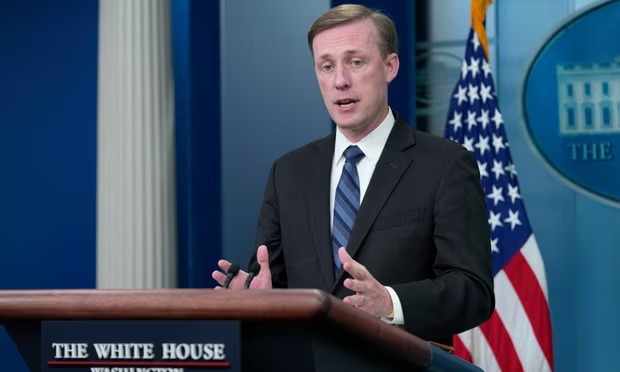In a bid to soothe the escalating tensions between the world’s two economic giants, top diplomats from the United States and China engaged in “candid, substantive, and constructive” discussions during a crucial meeting held in Malta over the weekend. These high-stakes talks are seen as a pivotal step toward a potential face-to-face meeting between President Joe Biden and President Xi Jinping scheduled for November. With global security, Taiwan, and the Russia-Ukraine conflict on the agenda, the discussions aimed to pave the way for smoother relations and establish common ground
Breakthrough Diplomacy in Malta
The gathering in Malta brought together White House national security adviser Jake Sullivan and China’s foreign minister, Wang Yi. Both sides were quick to emphasize the significance of the discussions, highlighting their “candid, substantive, and constructive” nature. The talks, viewed as a remarkable step towards mending relations, addressed a range of critical issues, marking a breakthrough in the recent frosty interactions between the two nations.
These conversations provided an opportunity for the United States and China to discuss their bilateral relationship, which has been marred by disputes over Taiwan, trade friction, and military escalation, particularly in the field of hypersonic missiles—an area where the U.S. currently lags behind. The aim was to iron out these contentious issues, creating a more conducive atmosphere for a potential meeting between President Biden and President Xi Jinping at the Asia-Pacific Economic Cooperation (APEC) meeting scheduled for November in San Francisco.
Hints of Military Communication Restoration
One significant development arising from the Malta meeting was the potential restoration of military communication channels between the two nations. Relations had soured considerably after the U.S. decision to cut ties following a visit to Taiwan by former House Speaker Nancy Pelosi in August 2022. However, a senior Biden administration official revealed “limited” indications of a willingness from Beijing to reopen some cross-military communication channels—a crucial step in de-escalating potential conflicts.
This glimmer of hope follows months of severed military ties and tensions over the Taiwan Strait. The restoration of such communication channels would undoubtedly be a positive step forward, not only for the United States and China but also for global peace and security.
Strained Relations and the Road Ahead
The recent U.S.-China diplomatic efforts come after a series of incidents that strained relations between the two nations. The U.S.’s steadfast support for Taiwan, trade frictions related to intellectual property, and China’s military buildup had cast a shadow of uncertainty over the forthcoming APEC meeting. China’s top security agency had previously suggested that a Biden-Xi meeting depended on the United States “showing sufficient sincerity,” underscoring the delicate nature of their relationship.
The last time President Biden and President Xi met was in November 2022, during a sideline meeting at the G20 summit in Bali, Indonesia. At that time, both leaders expressed their commitment to competition rather than conflict. Yet, President Xi’s absence at the recent G20 summit in New Delhi raised questions. President Biden expressed his disappointment but remained hopeful of a future meeting with his Chinese counterpart.
In the wake of the Malta talks, the White House emphasized the importance of maintaining open lines of communication and responsibly managing the relationship between the United States and China. This meeting built upon previous discussions, including the Bali conversation, meetings in May, and diplomatic visits to Beijing by key U.S. officials.
During the discussions, Sullivan underscored the importance of peace and stability in the Taiwan Strait. In response, Wang Yi cautioned that Taiwan is the “first insurmountable red line of Sino-U.S. relations” and emphasized China’s unstoppable development and its people’s legitimate right to development.















